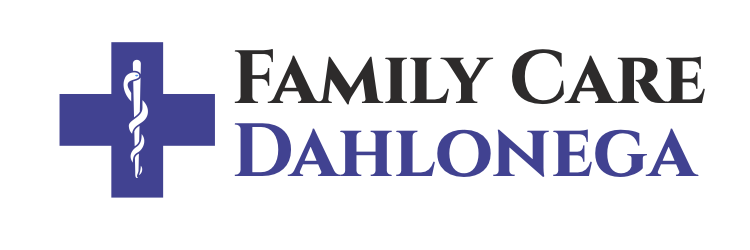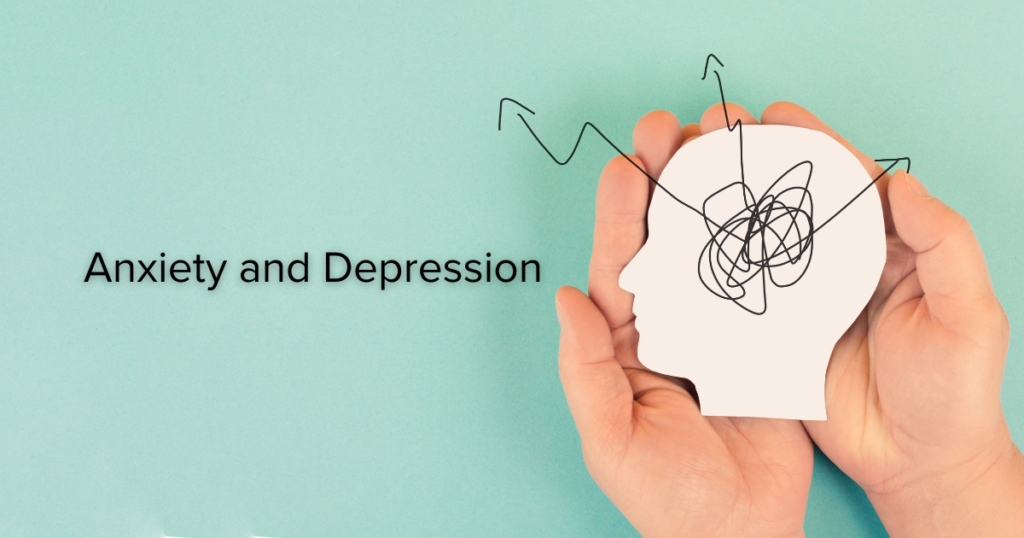Pain Management: Find Your Solution
Pain is a universal human experience. Whether it’s a headache, muscle soreness, or chronic discomfort, finding ways to manage and alleviate pain is crucial for our overall well-being. Here are some insights and suggestions for effective pain management, as well as knowing when to seek professional help from a physician.
Self-Care Strategies for Pain Management:
- Stay Hydrated: Dehydration can exacerbate pain, so it’s essential to drink an adequate amount of water throughout the day.
- Mindful Movement: Engaging in gentle exercises such as yoga, stretching, or walking can help reduce muscle tension and improve overall flexibility.
- Heat and Cold Therapy: Applying heat packs or cold compresses to the affected areas can provide relief from both acute and chronic pain.
- Mindfulness and Relaxation Techniques: Practices like meditation, deep breathing, and progressive muscle relaxation can help manage stress and reduce the perception of pain.
- Adequate Sleep: Ensuring you get enough restorative sleep is crucial for managing pain, as sleep deprivation can lower your pain threshold.
When to See Your Provider:
- Persistent or Worsening Pain: If your pain persists or intensifies despite home remedies and self-care, it’s essential to consult a healthcare professional.
- Impaired Daily Functioning: If pain significantly impacts your ability to carry out daily activities, it’s time to seek medical advice.
- New or Unexplained Symptoms: Any new or unexplained pain symptoms should be evaluated by a healthcare provider to rule out potential underlying conditions.
- Emotional Impact: If pain is causing emotional distress, anxiety, or depression, seeking professional help is crucial for addressing both the physical and emotional aspects of pain management.
It’s important to remember that pain management is a personalized journey, and what works for one person may not work for another. Effective pain management often involves a multi-faceted approach, combining self-care strategies with professional guidance when needed. Seeking help from a physician doesn’t necessarily mean relying solely on medication. Family Care Dahlonega providers can offer holistic pain management plans that may include physical therapy or other non-pharmacological interventions, along with traditional prescription treatments when indicated. By being proactive about managing pain and seeking appropriate help when necessary, individuals can take meaningful steps towards improving their overall well-being.


